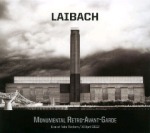 On the 14th April 2012, Laibach presented a unique show at the prestigious Tate Modern Turbine Hall, with an overview of their history, from 1980 to the future, with music from their latest release, the “Iron Sky” soundtrack. This historical event has been recorded and is now available to order as a double CD Limited Edition or download released by Mute and Abbey Road Live Here Now.
On the 14th April 2012, Laibach presented a unique show at the prestigious Tate Modern Turbine Hall, with an overview of their history, from 1980 to the future, with music from their latest release, the “Iron Sky” soundtrack. This historical event has been recorded and is now available to order as a double CD Limited Edition or download released by Mute and Abbey Road Live Here Now.
Laibach is history. The Slovenian avant-garde music group was formed on June 1, 1980 in Trbovlje, Slovenia, at the time SFR Yugoslavia. They represents the music wing of the Neue Slowenische Kunst (NSK) art collective, of which they was founding members in 1984. The name “Laibach” is the German name for Slovenia’s capital city, Ljubljana.
The band’s first work was a multimedia project called “Rdeči revirji” (“Red District”), but the performance was banned even before its opening due to its “improper and irresponsible” usage of Malevich’s black crosses as symbols on the posters. The first live appearance and an exhibition entitled “Žrtve letalske nesreće” (“Victims of an Air Accindent”) the group had in January 1982 at the Ljubljana club FV, followed by some now legendary performances in Belgrade and Zagreb. At that point, the group’s musical style was characterized by the critics as “Industrial Rock”, and

for their live performances they used gramophones, radio devices and other electronic instruments mainly constructed by themselves. Also, instead of the dry ice stage effect, the group used original military smoke bombs during their shows which was unpleasant both for themselves and for their audience.
In 1982 at the Novi Rock festival in Ljubljana the frontman Tomaž Hostnik appeared in a military uniform and despite being hit by a bottle in the face which caused him some serious injuries, he had managed to bring the performance to the end. Unfortunately in December the same year, Hostnik committed suicide.
In April 1983 the group had a large media coverage at the Zagreb Biennale with a concert entitled “Mi kujemo bodočnost” (“We Forge the Future”), during which the group used simultaneous projections of a pornographic movie and the movie “Revolucija još traje” (“The Revolution is Still Going On”). The performance was eventually interrupted by the police, forcing the group to leave the stage after the appearance of a penis and Josip Broz Tito at the same time on the screens. The subsequent debut television appearance on June 23, 1983, in the informative-political program TV Tjednik, caused major negative reactions after which they were banned from using the name Laibach as well as of any further public performing.
Still, the group managed to pull together an international tour entitled “The Occupied Europe Tour ’83”, with the band The Last Few Days, tour which included sixteen dates in eight Eastern and Western European countries. The performances provoked a lot of interest in the European media, especially because the aggressive usage of totalitarian musical and visual elements and symbols. The socialist realism background, effective live appearances and a dissident status in their home country provided the group with a swift increase of interest of the Western countries. Their provocative usage of symbols from the Nazi Germany firstly provoked the Slovene Fighters Organization in Yugoslavia. By combining the imagery of socialist realism, Nazism and Italian futurism, the group created a unique aesthetic style which could not pass unnoticed in the public. Furthermore, the song lyrics were mainly written and sung in German language which gave Laibach an even darker and dramatic taste.
Long before the so-called Neue Deutsche Härte, before Rammstein, it was Laibach!!
In 1984, the group moved to London and started working as labor workers. Due to the fact that they were banned from using the name Laibach, the group held a secret concert at the Ljubljana Malci Belić hall dedicated to the deceased Tomaž Hostinik. The following year, the group released their debut studio album entitled “Laibach” through the Ljubljana ŠKUC Ropot label, which did not feature the group name on the album cover, due to its ban, and a sampled Tito’s speech on one of the album tracks was also censored. The same year, the German label WUS released a compilation album “Rekapitulacija 1980–1984” (“Recapitulation 1980-1984”). During that period, the group, with their early collaborators Irwin and Crveni Pilot founded the informal art organization Neue Slowenische Kunst – NSK – (German for New Slovene Art).
Having signed for Mute Records, the group started recording their studio album, “Opus Dei”, with Slavko Avsenik Jr. The usage of Nazi symbols and the name “Opus Dei” caused the Catholic institution of the same name to sue do group but eventually losing the case in favor of Laibach.
The main commercial success came in 1994, which the released of the album entitled “NATO”, which, through their innovative vision of Techno and Pop, commented on the current political events in Eastern Europe, former Yugoslavia and the actions of the NATO pact. The album featured cover versions of Europe’s “The Final Countdown”, Status Quo “In the Army Now”, Don Fardon’s “Indian Reservation” (renamed to “National Reservation”), the Stanislav Binički composition “Marš na Drinu” (“March on the Drina”) and one of my personal favorites “Alle Gegen Alle”.
During 2006, the group released the album “Volk” (German for People), featuring cover versions of national anthems, including the NSK state anthem “Das Lied der Deutschen”, originally written in 1979 and used during the Weimar Republic. Each cover featured a guest vocalist singing the anthem in one’s mother-tongue and it’s one of the most bold, creative, visonary and innovative albums of the last decade.
“Live at Tate Modern” it’s an introduction to the Laibach history. Taking advantage of the modern sound and technology, this overview of their past and present is actually looking into their future.
The 1st part of the concert focusing on their works between 1980 – 1983, recreating moments from the historical shows like the notorious Music Biennial Zagreb 83 concert which led to ban Laibach from the ex-Yugolsavia, leading to the Occupied Europe tour 83′, ending with a reminder of their first London show.
The 2nd part relate to Laibach between 1983 – 87, with music from the Laibach, Nova Akropola and Opus Dei albums.
The 3rd part is associated with their most recent soundtrack for the film “Iron Sky”, with tracks composed for the movie and music from the film teasers while the 4th part will deal with the “WAT” album and newer works.
CD1:
01 – Siemens
02 – Zmagoslavje volje
03 – Boji
04 – Sredi bojev
05 – Mi kujemo bodocnost
06 – Smrt za smrt
07 – Brat moj
08 – Ti, ki izzivas
09 – Drzava
10 – Leben – Tod
11 – Le privilege des morts
CD2:
01 – Across The Universe
02 – B-Mashina
03 – Under The Iron Sky
04 – Tanz mit Laibach
05 – Alle gegen Alle
06 – Du bist Unser
07 – Warme Lederhaut
08 – Love On The Beat
09 – Leben heisst Leben
10 – Geburt einer Nation
11 – Ballad Of A Thin Man
On 3 September 2012 Mute and Laibach will release “An Introduction To… Laibach / Reproduction Prohibited” – another historical compilation.




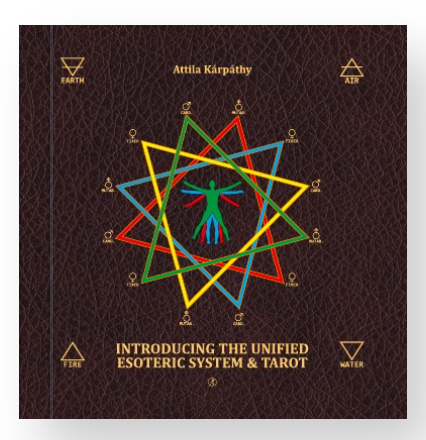
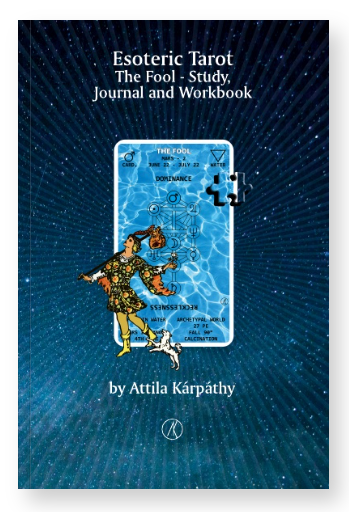

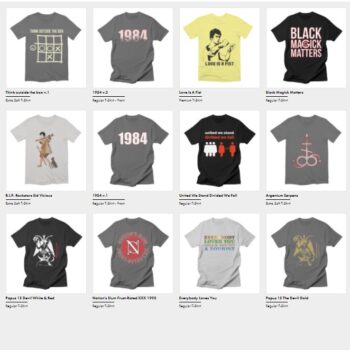
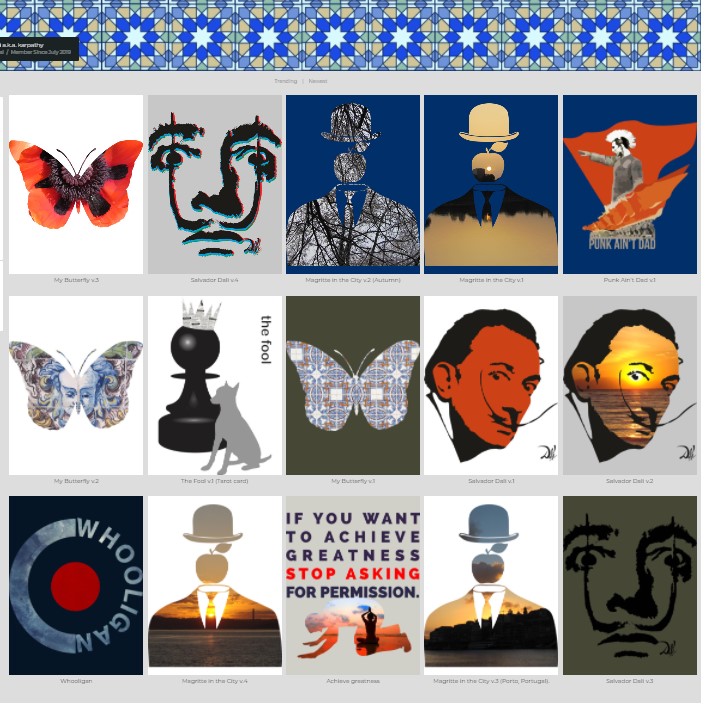
0 comments on “Laibach – Monumental Retro-Avant-Garde, Live at Tate Modern (2012)”
1 Pings/Trackbacks for "Laibach – Monumental Retro-Avant-Garde, Live at Tate Modern (2012)"
[…] and not exaggerated. Kiss gonna kick your ass off, or eat your heart out if you’re a girl. Laibach – Live at Tate Modern (2012) Although my affection for Industrial music started in the beginning of the 90s with several […]